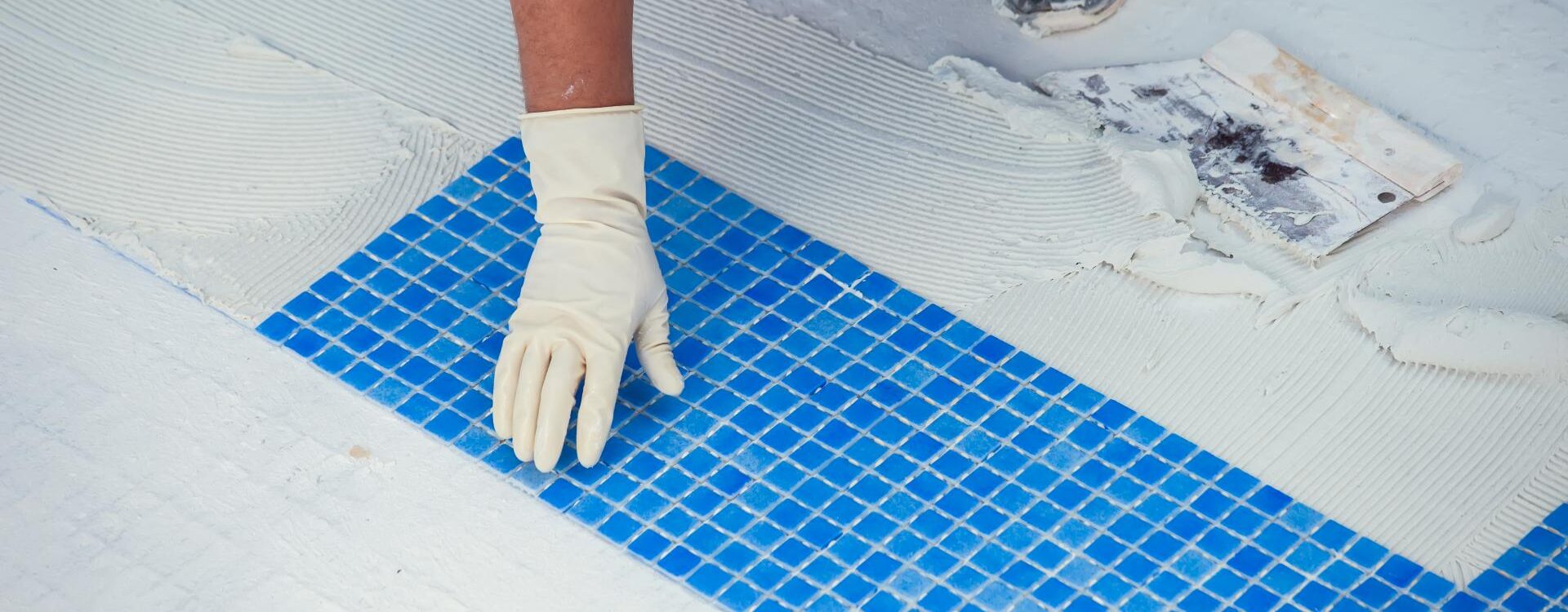Cloudy water, unusual noises, leaks, cracks, or persistent algae are all red flags your pool may need more than a quick DIY fix. The smartest move is to call a certified pool technician early, before small issues turn into expensive repairs.
The Visible Red Flags You Can’t Ignore
Even a well-cared-for pool eventually shows signs of wear. The most obvious red flag for Alpharetta homeowners is cloudy or murky water that lingers even after you’ve balanced chemicals. That’s often a circulation or filtration issue, not just a chemistry problem.
Other signs are more visual:
-
Recurring algae growth: If algae keeps coming back, your sanitization system isn’t working as it should.
-
Cracks, chips, or peeling plaster: Cosmetic at first glance, but often the start of deeper structural damage.
-
Loose or missing tiles: A clue that movement beneath the surface may be causing problems.
And then there are the sounds. Grinding, squealing, or humming pumps and filters mean a part is failing. If you also notice rapid water loss that can’t be explained by evaporation, you may have leaks in plumbing, equipment, or even the pool shell itself.
What You Can Handle Yourself vs. When to Call a Pro
Some pool issues are safe to manage on your own: basic cleaning, brushing, vacuuming, and simple chemical adjustments. Replacing a skimmer basket or rubber O-ring is usually straightforward, too.
But other problems cross the line into professional territory:
-
Leaks in plumbing, shell, or equipment.
-
Persistent algae despite treatment.
-
Cracks in plaster or concrete.
-
Pumps and filters making unusual noises.
-
Electrical issues with pool lights or heaters.
Rule of thumb: If it affects safety, structure, or equipment longevity, call a professional.
Why Delaying Repairs Costs More
It’s easy to delay repairs when the pool is still usable. But waiting almost always costs more. A small leak can waste thousands of gallons of water while weakening soil around the pool. A noisy pump that could have been fixed with a bearing replacement might fail completely, requiring a new motor. Even hairline cracks can expand quickly, turning into a resurfacing project.
Delays don’t just raise repair bills, they increase daily operating costs:
-
Poor circulation = higher chemical use
-
Weak equipment = higher energy bills
-
Surface damage = accelerated wear on finishes
According to the Association of Pool & Spa Professionals, addressing problems early can cut repair costs by 40–60% compared to waiting until they escalate.
The Smarter Way to Protect Your Alpharetta Pool
Professional repair isn’t just about fixing today’s problem. It’s about preventing tomorrow’s. A trained technician protects your pumps, filters, and surfaces, keeps your water crystal clear, and helps you avoid the stress of DIY troubleshooting.
If you notice cloudy water, stubborn algae, cracks, or unusual equipment noises, don’t wait for them to get worse. An inspection today is the best way to protect your pool and your wallet tomorrow.
Ready to Protect Your Pool?
Don’t let small problems become big expenses. Schedule a professional pool repair in Alpharetta today.
Frequently Asked Questions
-
What are the signs my pool in Alpharetta needs repair?
Cloudy water, recurring algae, loud pumps, cracks, peeling plaster, or unexplained water loss are all red flags that need professional attention. -
When should I call a pro instead of fixing pool problems myself?
Basic cleaning and chemical checks are fine for DIY. But leaks, cracks, electrical issues, or noisy equipment should always be handled by a certified pool technician.
-
Why is it risky to delay pool repairs?
Small issues quickly become expensive. A minor leak can waste thousands of gallons, and a noisy pump can turn into a full motor replacement if ignored. -
How much does pool repair cost in Alpharetta?
Costs vary by issue. Simple fixes are affordable, while resurfacing or equipment replacement costs more. The best step is to book an inspection for an accurate estimate. -
How does professional repair extend my pool’s life?
A certified technician doesn’t just fix problems. They prevent new ones, keeping water clear, equipment efficient, and extending your pool’s lifespan.


